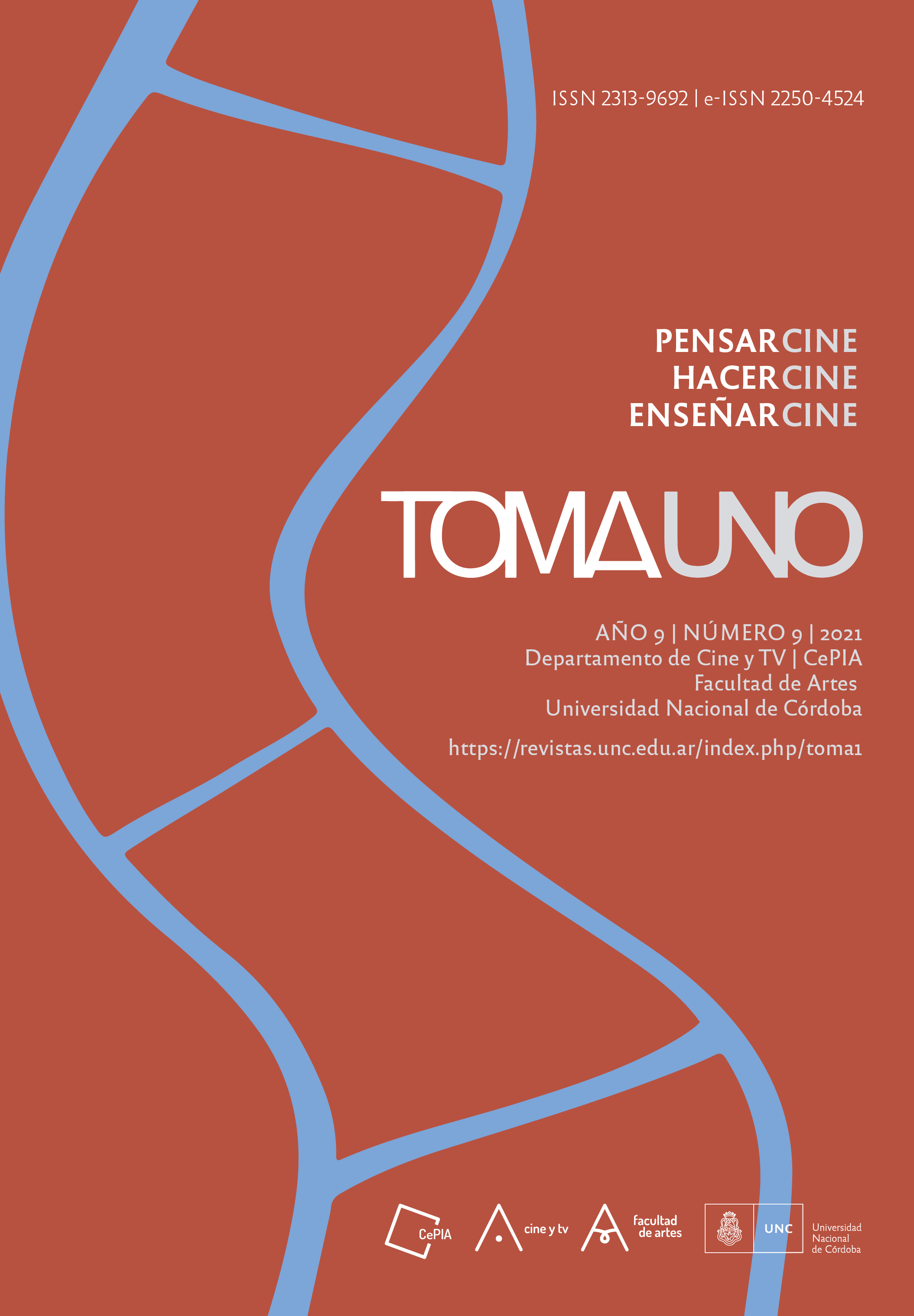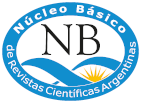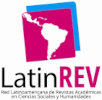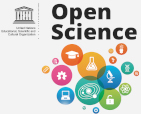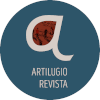Josep, by Aurel. Animating the Spanish Republican Exile
DOI:
https://doi.org/10.55442/tomauno.n9.2021.35783Keywords:
Josep Bartolí, Aurel, animation film, Spanish Civil War, drawing, postmemoryAbstract
Josep (Aurel, 2020) is an animated film about Josep Bartolí, a Catalan artist and ex-combatant of the Spanish Civil War who, through his sketchbooks, left a testimony of the difficult daily life at the French concentration camps where almost half a million Republican refugees were confined. Not strictly a documentary, but a film about the real, Josep examines a shameful episode from the 20th century: the indifference of European democratic countries towards the rise of fascism in the 1930s, which would not prevent the Second World War. This article will analyze Josep from the point of view of the narrative, presenting the story of a collective drama that regains force in the present moment, where the lack of solutions to the great exoduses persists; as well as from the visual and animated point of view, taking into account the dialogue that takes place between Aurel's graphics and Bartolí's, and which is constituted in an artistic animation film thanks to the new digital drawing tools.
Downloads
References
Álvarez Sarrat, S. y Lorenzo Hernández, M. (2012). How Computers Re-Animated Hand-made Processes for Artistic Animation. Animation Studies Online Journal, (7), pp. 1-12. Recuperado de
Bartolí, G., Garcia, L. y Bartolí, J. (2020). La Retirada: éxodo y exilio de los republicanos de España. Barcelona: El Mono Libre.
Caudet, F. (Ed.) (2011). Galdós y Max Aub. Poéticas del realismo. Alicante: Universidad de Alicante.
Garrido, M. (2021, 2 de septiembre). Josep Bartolí: el dibujante de los campos de concentración. Cultur Plaza. Recuperado el 2021, 9 de octubre de https://valenciaplaza.com/josep-bartoli-el-dibujante-de-los-campos-de-concentracion.
Gazengel, E. (2018, 24 de abril). Rivesaltes: el campo de los ‘indeseables’. CTXT Contexto y Acción. Recuperado el 2021, 9 de octubre de https://ctxt.es/es/20180418/Politica/19184/Rivesaltes-campo-concentracion-Francia-memorial.htm.
Gil, M. (2020, 27 de octubre). Aurel: “Me interesa mucho cómo van a recibir Josep los españoles”. Academia de Cine. Recuperado el 2021, 9 de octubre de https://www.academiadecine.com/2020/10/27/aurel-me-interesa-mucho-como-van-a-recibir-la-pelicula-los-espanoles/.
Hirsch, M. (2008). The Generation of Postmemory. Poetics Today, 29(1), pp. 103-128. Recuperado el 2021, 9 de octubre de http://read.dukeupress.edu/poetics-today/article-pdf/29/1/103/458907/PT029-01-05HirschFpp.pdf.
Honess Roe, A. (2013). Animated Documentary. Hampshire: Palgrave Macmillan.
Kriger, J. (2012). Animated Realism. A Behind-the-Scenes Look at the Animated Documentary Genre. Massachusetts: Focal Press.
López Frías, D. (2017, 31 de diciembre). Rivesaltes, el Auschwitz francés que mató de hambre a los refugiados españoles. El Español. Recuperado el 2021, 9 de octubre de https://www.elespanol.com/reportajes/20171231/rivesaltes-auschwitz-frances-mato-hambre-refugiados-espanoles/273472907_0.html.
Lorenzo Hernández, M. (2015). The Landscape in the memory: Animated Travel Diaries. En C. Pallant (ed.), Animated Landscapes. History, Form and Function (pp. 145-158). Londres: Bloomsbury.
Lorenzo Hernández, M. (2017). Zepo and the films about the Spanish Civil War. Short Film Studies, 8(1), pp. 21-24. Recuperado de https://doi.org/10.1386/sfs.8.1.21_1.
Lorenzo Hernández, M. (2020). Unanimated Voices: The Spanish Civil War as an Emergent Subject in Spanish Animated Short Films. Animation Studies Online Journal, 15. Recuperado de https://journal.animationstudies.org/maria-lorenzo-hernandez-unanimated-voices-the-spanish-civil-war-as-an-emergent-subject-in-spanish-animated-short-films/.
Martí López, E. (2020). Makun (No llores): Recreando realidades vetadas por medio de la animación documental y la animación periodística. Con A de animación, 11, “Animación y periodismo”, pp. 16-41. Recuperado el 2021, 9 de octubre de https://polipapers.upv.es/index.php/CAA/article/view/13978/pdf.
Martos, D. (2020, 3 de diciembre). Aurel: Con 'Josep' respondí a la frustración de que mis dibujos no tuvieran sonido. Onda Cero. Recuperado el 2021, 9 de octubre de https://www.ondacero.es/solo-ondaceroes/kinotico/aurel-josep-respondi-frustracion-que-mis-dibujos-tuvieran-sonido_202012035fc8a86647406a0001a62806.html
Nuckols, A. (2020). Asumir la ausencia. Poética de los duelos inconclusos en la narrativa española del siglo XXI. Madrid: Iberoamericana.
Rosado, R. (2020, 3 de diciembre). Crítica de ‘Josep’. Para los que entienden el arte como medio de esperanza y resiliencia. Fotogramas. Recuperado el 2021, 9 de octubre de https://www.fotogramas.es/peliculas-criticas/a34857866/josep-critica-pelicula/.
Terol, D. (2018, 27 de diciembre). ‘El olvido’ o cómo rescatar un episodio de la Guerra Civil sin reabrir heridas. Alicante Plaza. Recuperado el 2021, 9 de octubre de https://alicanteplaza.es/el-olvido-o-como-rescatar-un-episodio-de-la-guerra-civil-sin-reabrir-heridas.
Aurel (director). (2020). Josep [largometraje]. Francia: Les Films d'Ici Méditerranée, Imagic Telecom, Les Films du Poisson Rouge.
Damian, A. (directora). (2015). La montaña mágica (La montagne magique) [largometraje]. Rumanía: Aparte Film.
Dematei, M., Piaggio, L., Smith, C. (directores) (2014). “Ysabel. El miedo baja del cielo” de Cuentos de viejos (capítulo de serie). Colombia: HierroAnimación, Piaggiodematei, RTVC-señalcolombia.
Do, D. (director). (2018). Funan [largometraje]. Francia, Luxemburgo, Bélgica: Epuar, Juliette Films, Les Films d'Ici, Lunanime.
Feijó, A. (director). (1993). Os salteadores [cortometraje]. Portugal: Filmógrafo.
Folman, A. (director) (2008). Vals con Bashir (Vals Im Bashir) [largometraje]. Israel, Alemania: Israel, Alemania, Francia: Bridgit Folman Film Gang, Les Films d'Ici, Razor Film, Arte, ITVS International.
Grey, X., Vaello, C. (directoras). (2018). El olvido [cortometraje]. España: Horizonte Seis Quince.
Kofmel, A. (directora). (2018). Chris the Swiss [largometraje]. Suiza: Dschoint Ventschr Filmproduktion AG, Majade filmproduktion, Nukleus film.
Lillqvist, K. (directora). (2016). Radio Dolores [cortometraje]. Finlandia: Film Cooperative Camera Cagliostro.
Martí, E. (director). (2019). Makun: dibujos en un CIE [cortometraje]. España: Emilio Martí López.
Nenow, D., De la Fuente, R. (directores). (2018). Un día más con vida (Another Day with Life) [largometraje]. España, Polonia, Alemania, Bélgica, Hungría: Platige Image, Kanaki Films, Puppetworks Animation Studio, Animationsfabrik, Umedia, Walking The Dog, Wüste Film West GmbH, Eurimages, Programme MEDIA de la Communauté Européenne, Polski Instytut Sztuki Filmowej.
Satrapi, M., Paronnaud, V. (directores). (2007). Persépolis [largometraje]. Francia: 2.4.7. Films.
Takahata, I. (1988). (director). La tumba de las luciérnagas (Hotaru no haka) [largometraje]. Japón: Studio Ghibli.
Vicario, B. (directora). (1998). Haragia (Carne humana) [cortometraje]. España: Begoña Vicario.
Published
How to Cite
Issue
Section
ARK
License
LicenseThis work is licensed under Creative Commons Attribution-NonCommercial-NoDerivs 2.5 Argentina .

